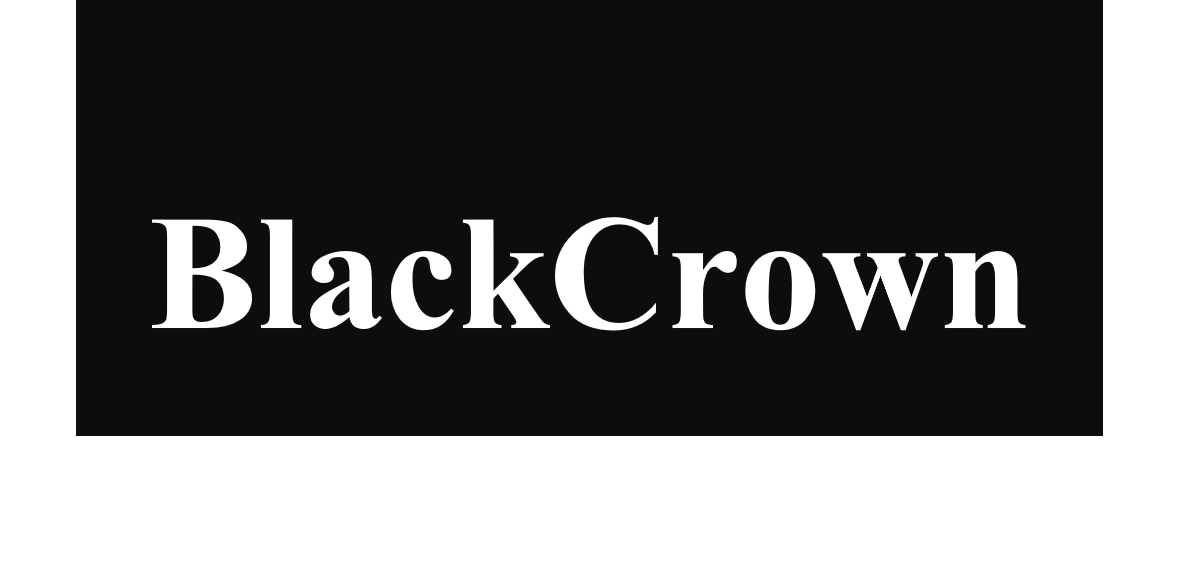The headaches of 12b-1 fees and why this matters
/What does PNC Investments LLC and Geneos Wealth Management have in common? Both firms were fined by SEC for its mutual fund share selection practices. What tends to occur is the massive amount of client account information, ADV Part 2A's, and day to day operational processes often creates operational limits. There's always room for operational improvement and scale makes all great firms seem mediocre at one point or another (and of no fault to the executive teams). For 12b-1 situations, things can get murky. For PNC and Geneos, both firms had aspects where they recommended advisory clients in mutual fund share classes that charged 12b-1 fees rather than cheaper share classes of the same funds. This was inconsistent with the duty of best execution. An interesting aspect to note was the disclosures made by both firms that it "may" receive 12b-1 fees from the sale of mutual funds and that the availability of such fees created a conflict of interest. Obviously, if one were to read the SEC filing, one can clearly see how they enjoy sensationalizing the experience. Clearly, best execution was emphasized but based upon the structure of the language in the litigation filings, you'll see where best execution and "best interest" can easily be interchangeable.
Here is the takeaway point: When a firm potentially faces a conflict between generating revenue/disclosing or finding best execution - best execution will take priority from the eyes of the regulators. They have little or no care with how much revenue you've generated as a firm - what they are looking for is:
- Extensive disclosures (formal FYI) to advisory clients that they understand there can be a conflict of interest that will affect best interest. If the client agrees and continues to move forward, then the onus/liability is pushed onto the client's decision.
- Proper diligence and pre-sale communications. Let's say PNC offered its investment advisory clients the choice of Class A Shares vs. Class I Shares of a mutual fund (Class I shares waives 12b-1 fees, often 25 basis points) and provided explanation of why A shares might be suitable over Class I. Let's say the client agrees to the explanation and that is documented and approved by the OSJ/compliance officer. In such a pre-sale diligence and acknowledgement, the SEC would surely have disagreements but the likelihood of being litigated fully would be lower.
- Point of sale fiduciary? Fidelity made great use of this legal aspect. One could argue that a "best interest" standard implies point in time fiduciary and best execution pending best suitability per the clients investment profile/policy. For broker dealers and bank broker dealers, it might be time to consider integrating OSJ/compliance functions during the point of sale process.
Breakdown of Law into Operations:
Everything here tells me that firms of size and complexity needs checks and balances (often a hybrid between automated workflows and manual checking). What firms ought to consider is not having "automated workflows" rather break down the sale process into teams and implement a team based approach that ties in compliance with sales representatives.
What is the role of compliance? Is it a cost center?
Personally, I enjoy the notion that executives tend to roll their eyes at compliance or bring a heavy sigh into "compliance meetings". But at the end of the day, without compliance a broker dealer cannot expand itself beyond traditional asset classes (which doesn't differentiate your firm). Perhaps the better stance to take is to consider how could compliance expand my business by protecting my revenue generating opportunities?



